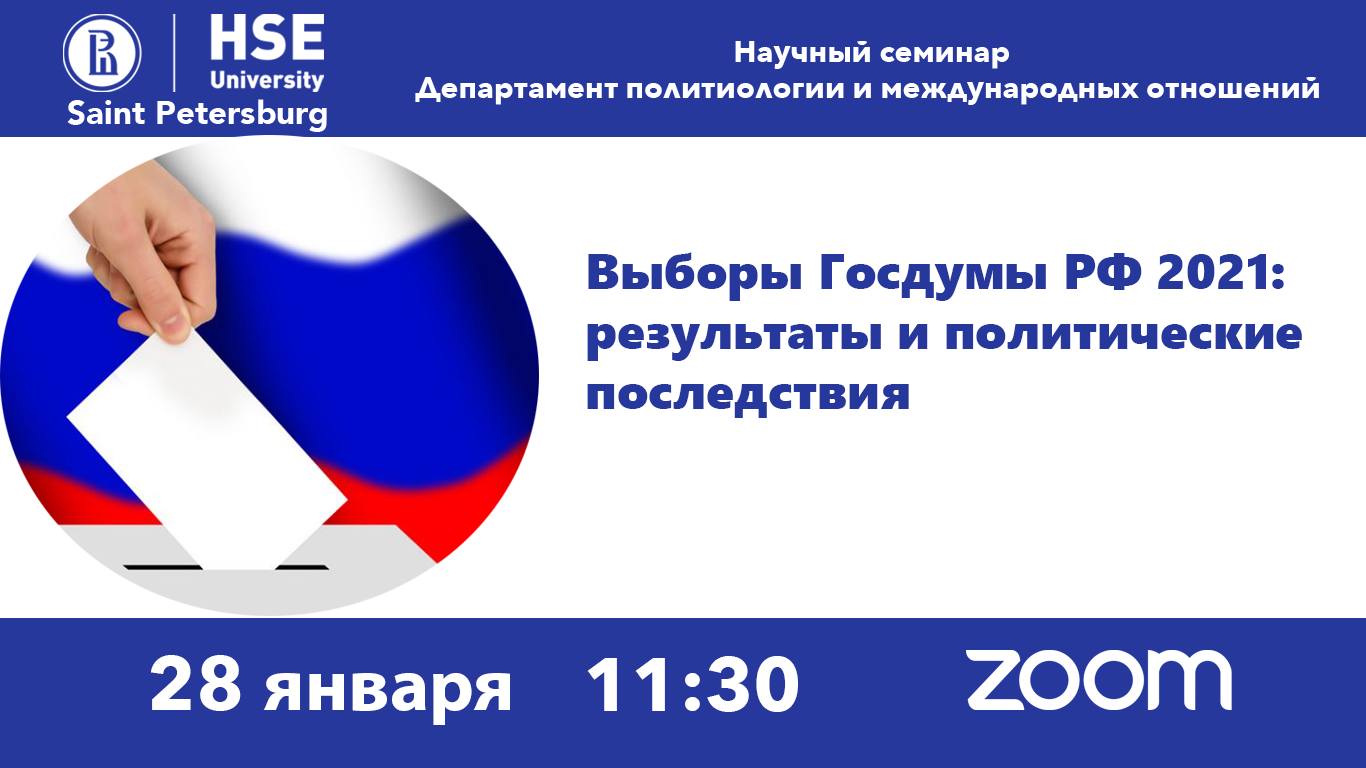Today Margarita Zavadskaya took part in the research seminar organised by HSE University in St. Petersburg “State Duma Elections 2021: Results and Political Consequences”. At the seminar, Margarita will present her and Alexandra Rumyantseva’s paper ‘The party of people’s mistrust: foundations of the electoral success of the communists in 2021.

After the 2021 State Duma elections, the Communist Party of the Russian Federation (CPRF) re-emerged as a new political force with new people and creative local electoral campaigns within Russian political landscape. How and why the communists, who have been viewed as a system and rather passive opposition by most of analists and electorate, managed to successfuly accumulate political dissatisfaction of the voters during the September 2021 State Duma elections? We state that mobilisation against the pension reform in 2018 turned out to be the data on protests in 381 towns of Russia with population larger than 20.000 people, which took place during summer-autumn 2018, combined with the electoral data on State Duma elections 2016 and 2021.
